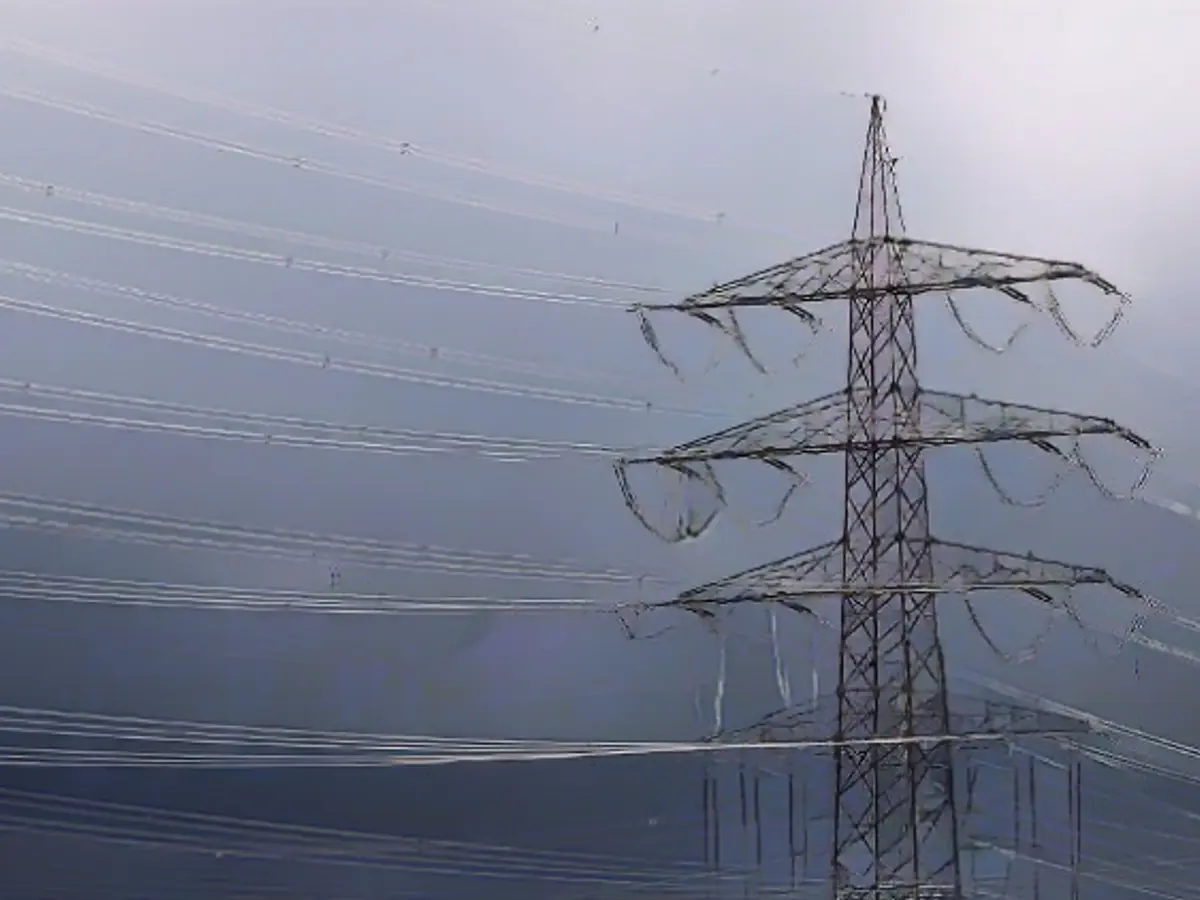Energy industry calls for new aid instruments for financing the energy transition
The energy industry is calling for new aid instruments to finance the billions of euros being invested in the energy transition. "The companies are facing a task of the century," said Kerstin Andreae, Managing Director of the German Association of the Energy Industry (BDEW), in Berlin on Wednesday. Up to one trillion euros would be needed by 2045, and 600 billion euros alone by 2030. However, instead of the 100 billion euros required, only 22 billion euros were invested in 2022. However, companies' borrowing has reached a limit. The current budget crisis is also undermining confidence in political support. "There is a threat of a full stop," warned Andreae. What is needed now, however, is flanking measures such as better depreciation rules, easier conditions for banks when granting green loans and a public support fund.
BDEW, the German Association of Local Utilities (VKU) and the consulting firm Deloitte have therefore developed a position paper entitled "Capital for the energy transition". "Without government measures for de-risking, such as guarantees, development bank loans or direct investments, the energy transition will not be able to be adequately financed," it states. The energy companies are currently predominantly solid. "The annual investment budget will have to multiply in the coming years," said VKU Managing Director Ingbert Liebing.
Among other things, the paper suggests lowering the capital requirements for banks when granting green loans, state guarantees and the inclusion of smaller companies in the EU guidelines for the banking sector on green financing (taxonomy).
The energy industry's call for new aid instruments to finance the energy transition is in response to the vast sums required, with an estimated need of up to one trillion euros by 2045 and 600 billion euros alone by 2030. However, only 22 billion euros were invested in 2022, falling short of the required 100 billion euros, leading to concerns about companies' borrowing limits and political support. The position paper from BDEW, VKU, and Deloitte emphasizes the need for government measures, such as guarantees and lower capital requirements for banks granting green loans, to adequately finance the energy transition's auxiliary instruments, as the industry faces a task of unprecedented magnitude and requires substantial financing until the full transition is complete.
Source: www.ntv.de








